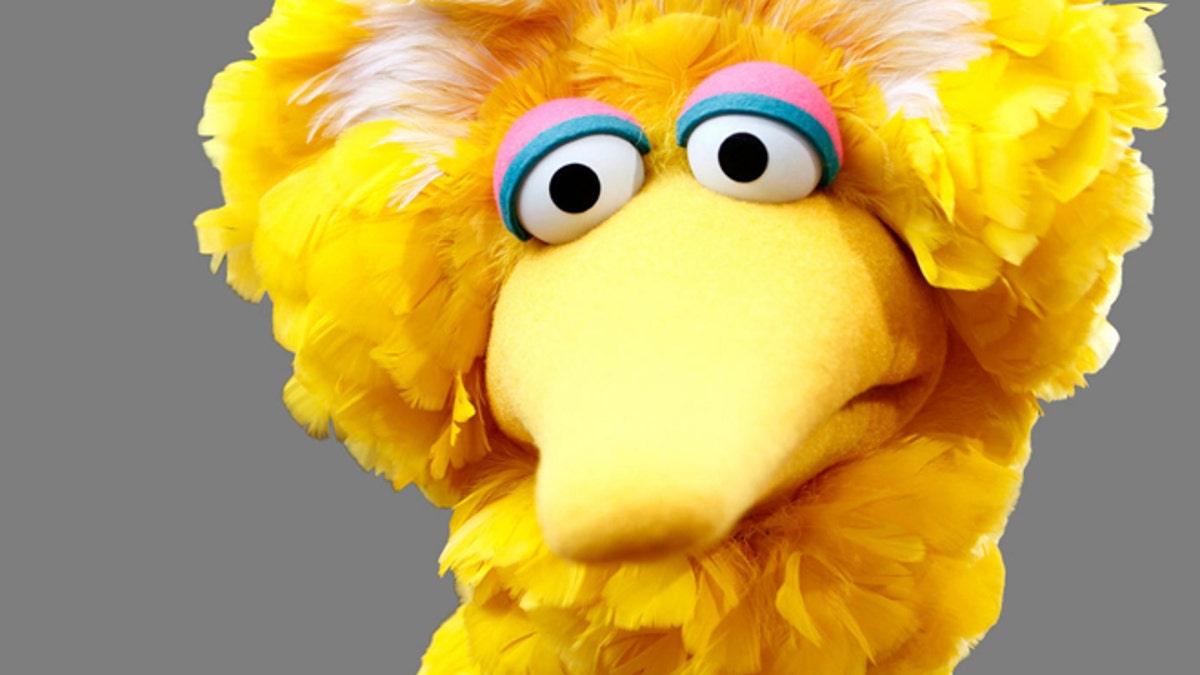
During the first presidential debate Wednesday night, Mitt Romney made this statement: “I’m going to stop the subsidy to PBS (Public Broadcasting System).” Speaking to moderator Jim Lehrer of PBS, Romney added, “I like PBS. I like Big Bird. I like you.”
Since then, even Big Bird has appeared on “Saturday Night Live” to respond to Romney’s comments.
PBS is a relic of the 1960s and Lyndon Johnson’s Great Society, which in retrospect was not so great and has served to subsidize a broken society.
At the time, there were only three broadcast networks. Their programming prompted FCC Chairman Newton Minnow to characterize the fare available on broadcast TV as “a vast wasteland.”
PBS, which is the child of the Corporation for Public Broadcasting, was seen at the time as a kind of intellectually nutritious diet that would offer an alternative to the “junk food” served up by NBC, ABC and CBS. It was to be broadcasting for the elites, the thinking class and those who disdain bowling, pickup trucks with gun racks and country music.
Depending upon your level of education and notion of self-importance, the need for an alternative to the broadcast networks might have been true fifty years ago and PBS still serves up some great programming, including “Downton Abbey.” But the issue is not about the quality of their programming. The issue is whether the Federal government should be subsidizing it. If the programming is that good – and it is – why can’t PBS sell time, make a profit and stand on its own as the broadcast networks do? If too few people watch to sustain it, then, like the typewriter, it should be put in its proper place: a museum.
To be fair, PBS says this about how it gets its money, 'Funding for PBS programs comes from member stations' dues, the Corporation for Public Broadcasting, government agencies, foundations, corporations and private citizens." But why should it, in 2012 with hundreds of TV channels available to Americans, require any government money at all?
Britain has a system that is even worse than ours. It has an official government channel known as the BBC. The government also charges for TV licenses. If you own a TV, you must purchase a license. Since the BBC also sells commercial time, it enjoys a double revenue stream.
I’m not suggesting TV licenses for American viewers. The government gets enough of our money as it is. I’m saying that when a business can no longer make a profit, it goes out of business. If PBS can’t stand on its own, it shouldn’t stand at all.
With a $16 trillion debt, taxpayers don’t need to be subsidizing PBS. Big Bird won’t starve and neither will Bill Moyers, who was Lyndon Johnson’s Press Secretary when PBS was created and – aside from Big Bird – remains one of the network’s biggest and wealthiest stars.
Put PBS on Pay Per View, but don’t continue to force all of us to subsidize it, whether we view it, or not.








































